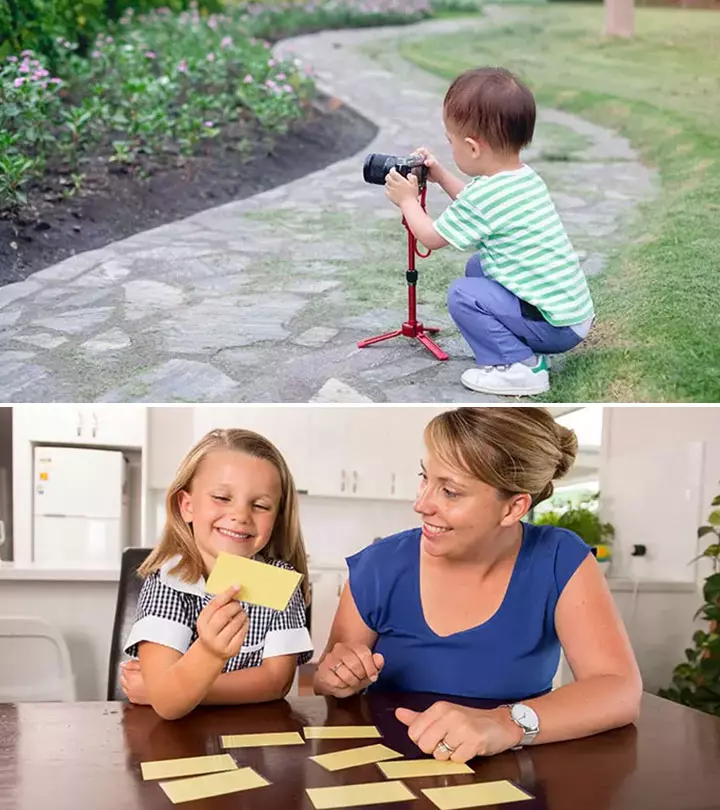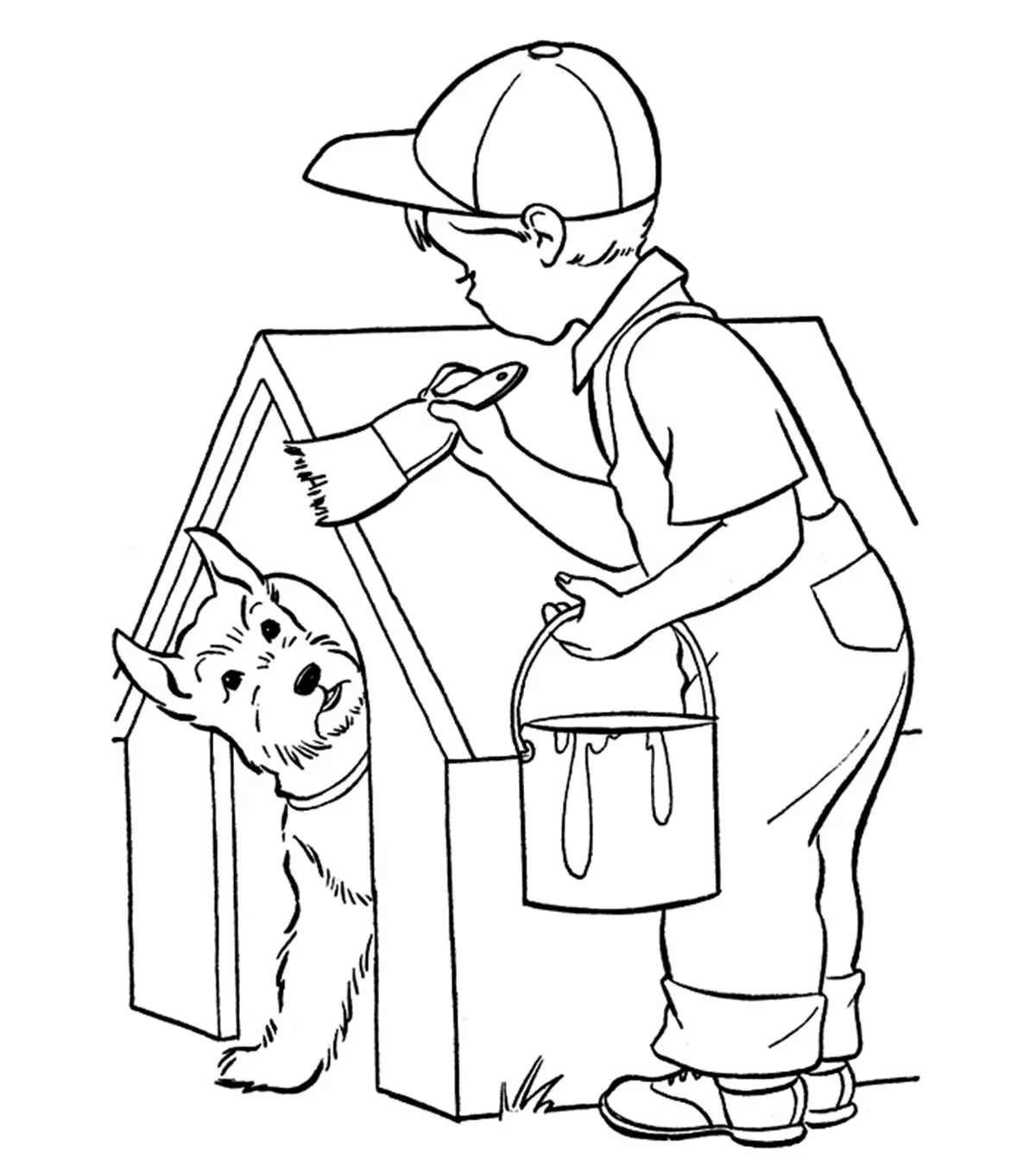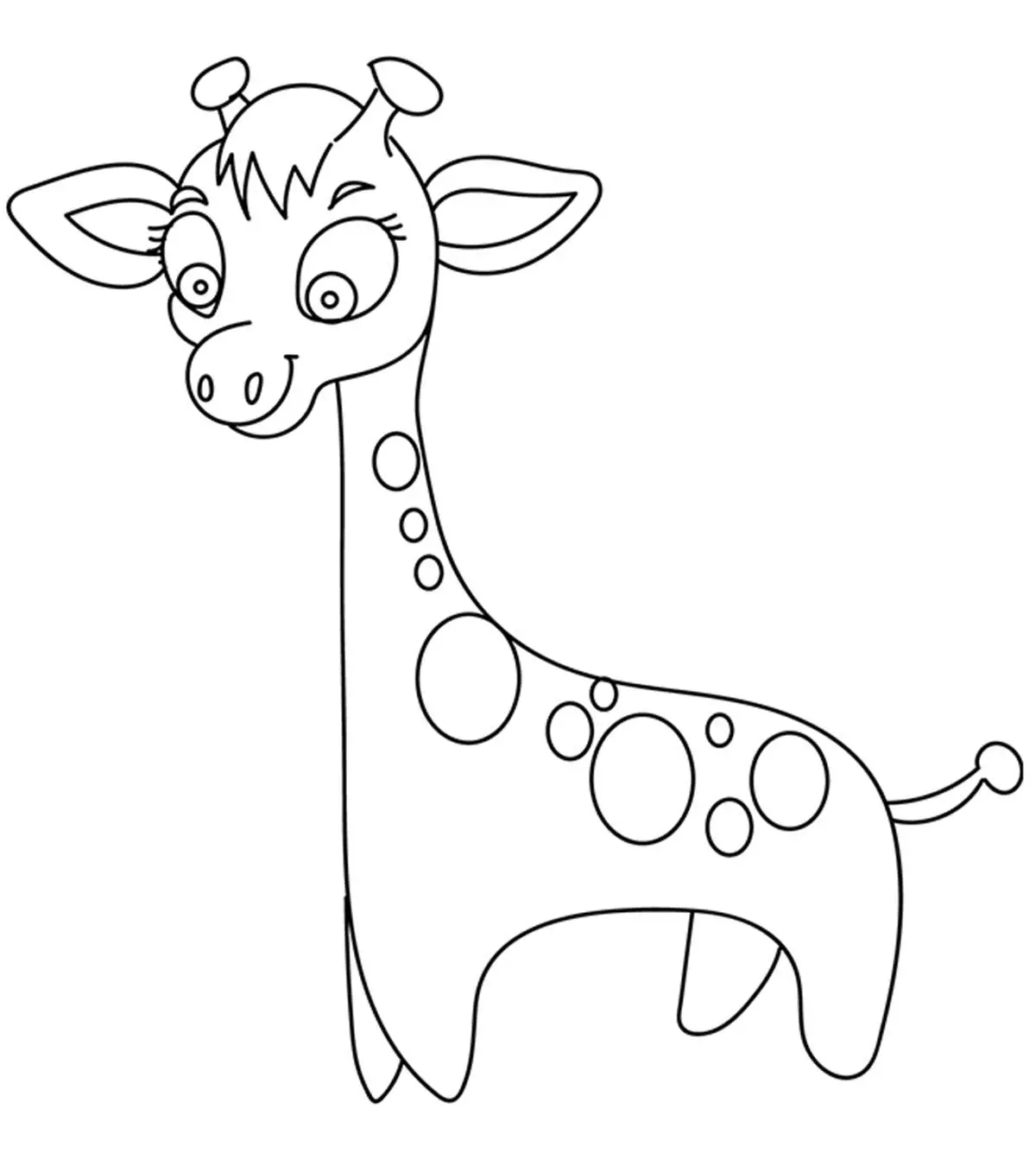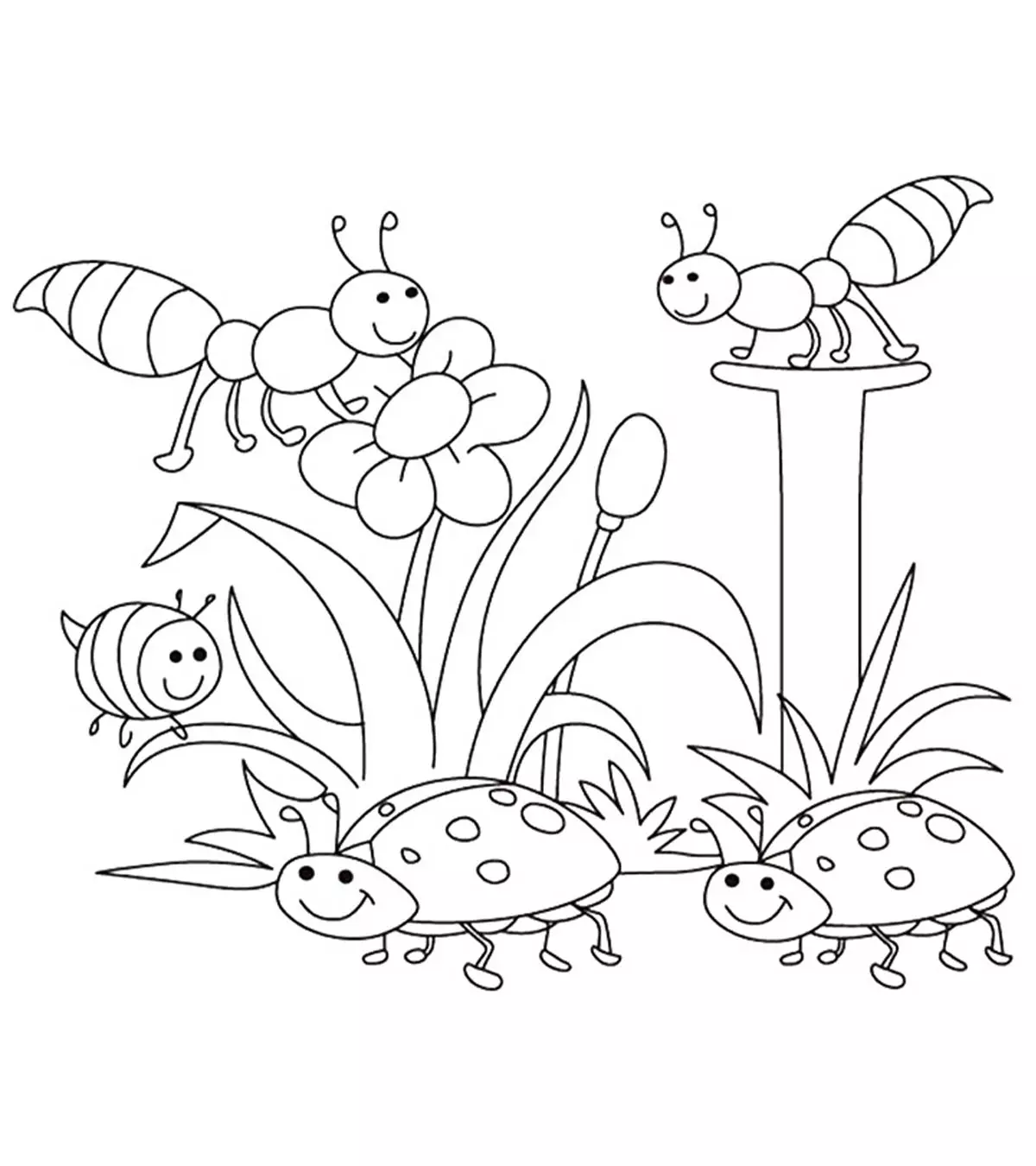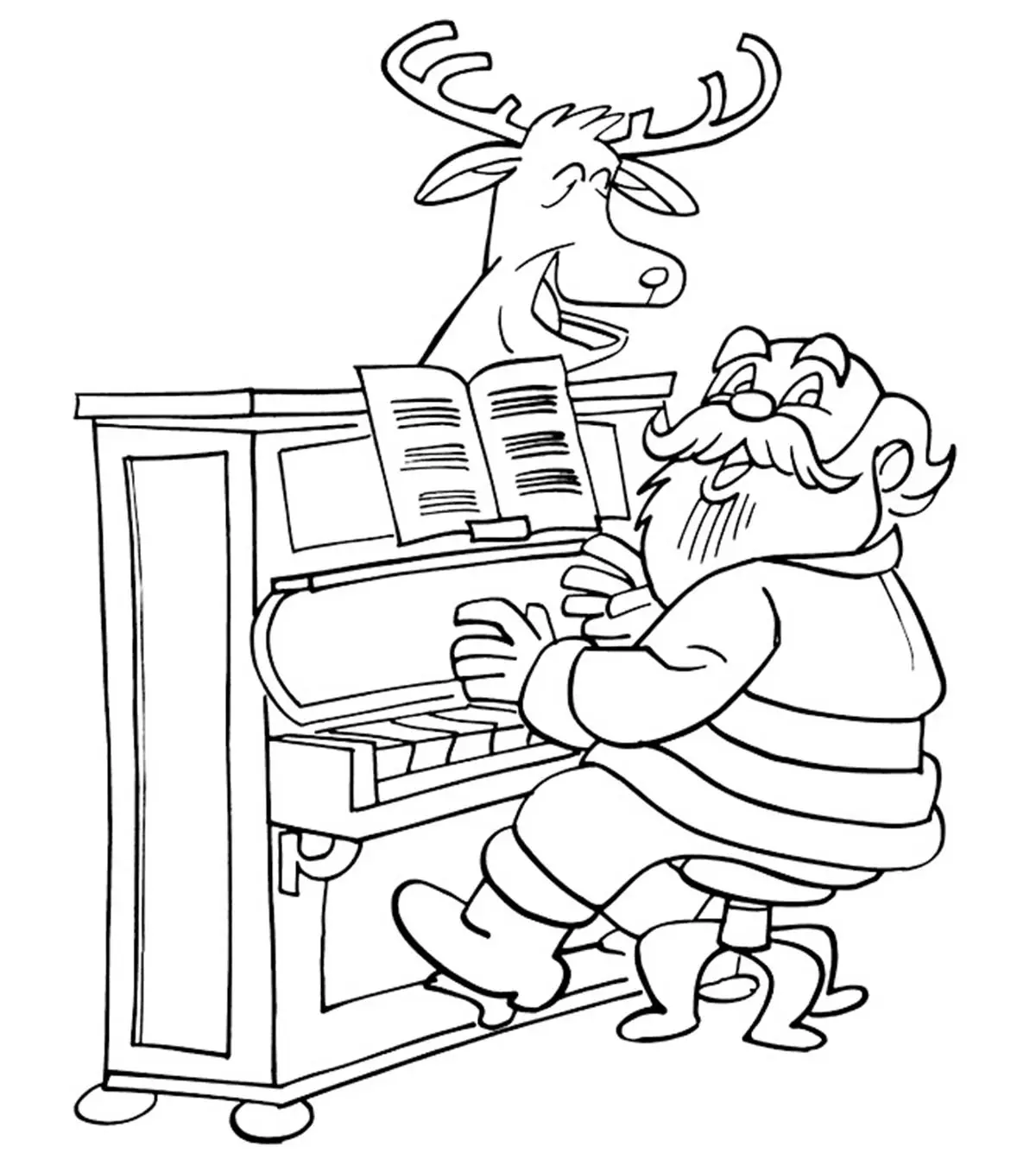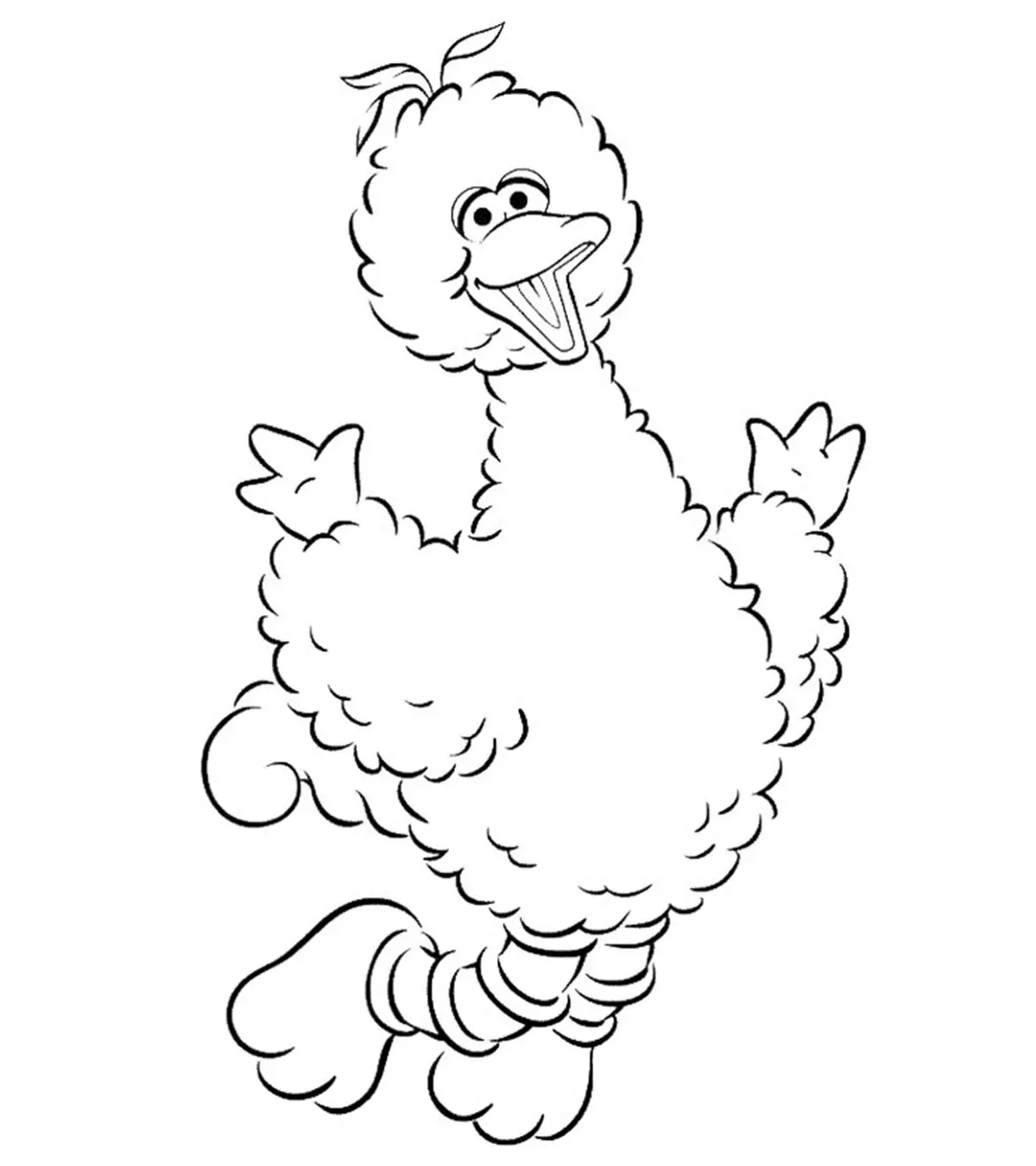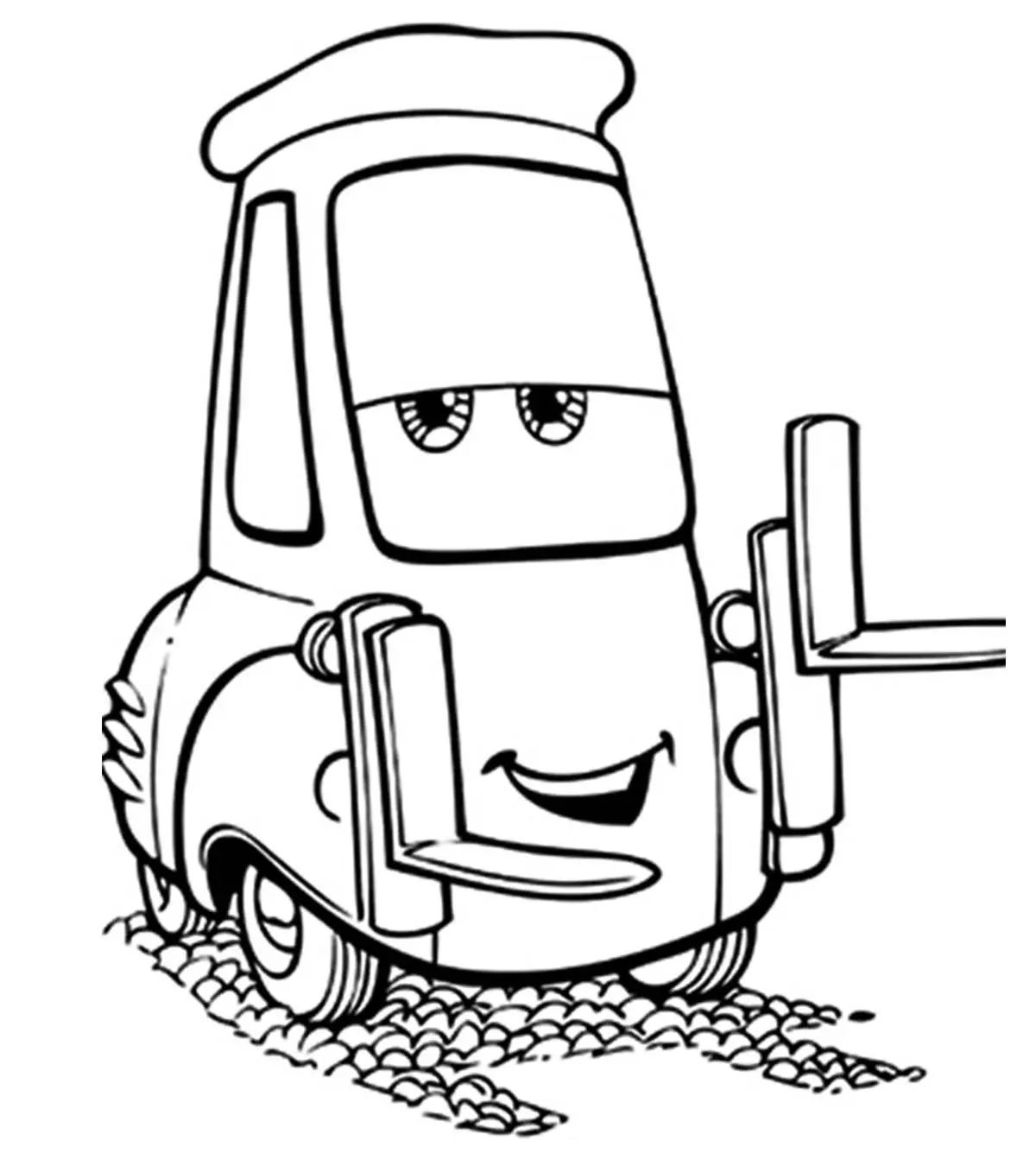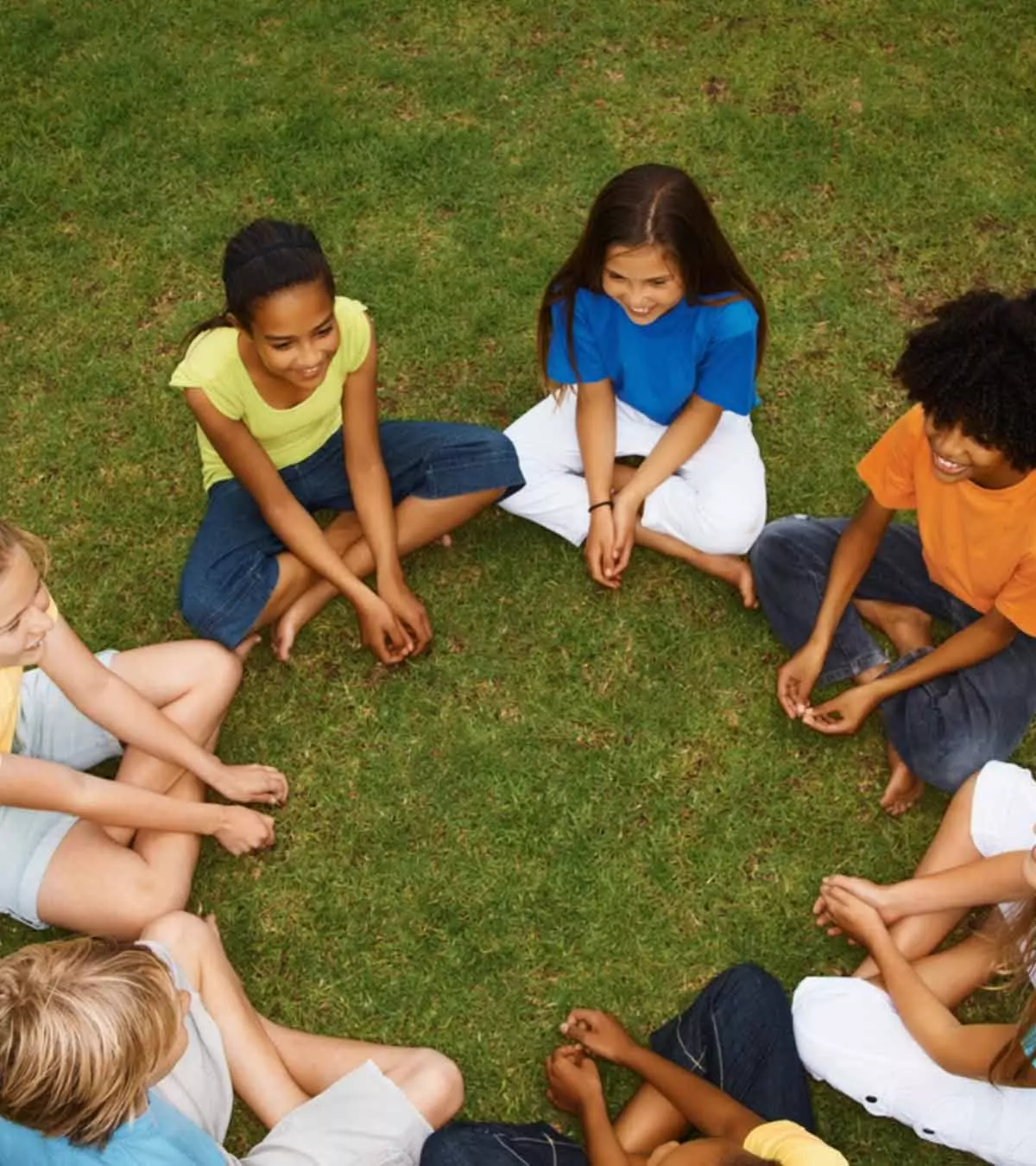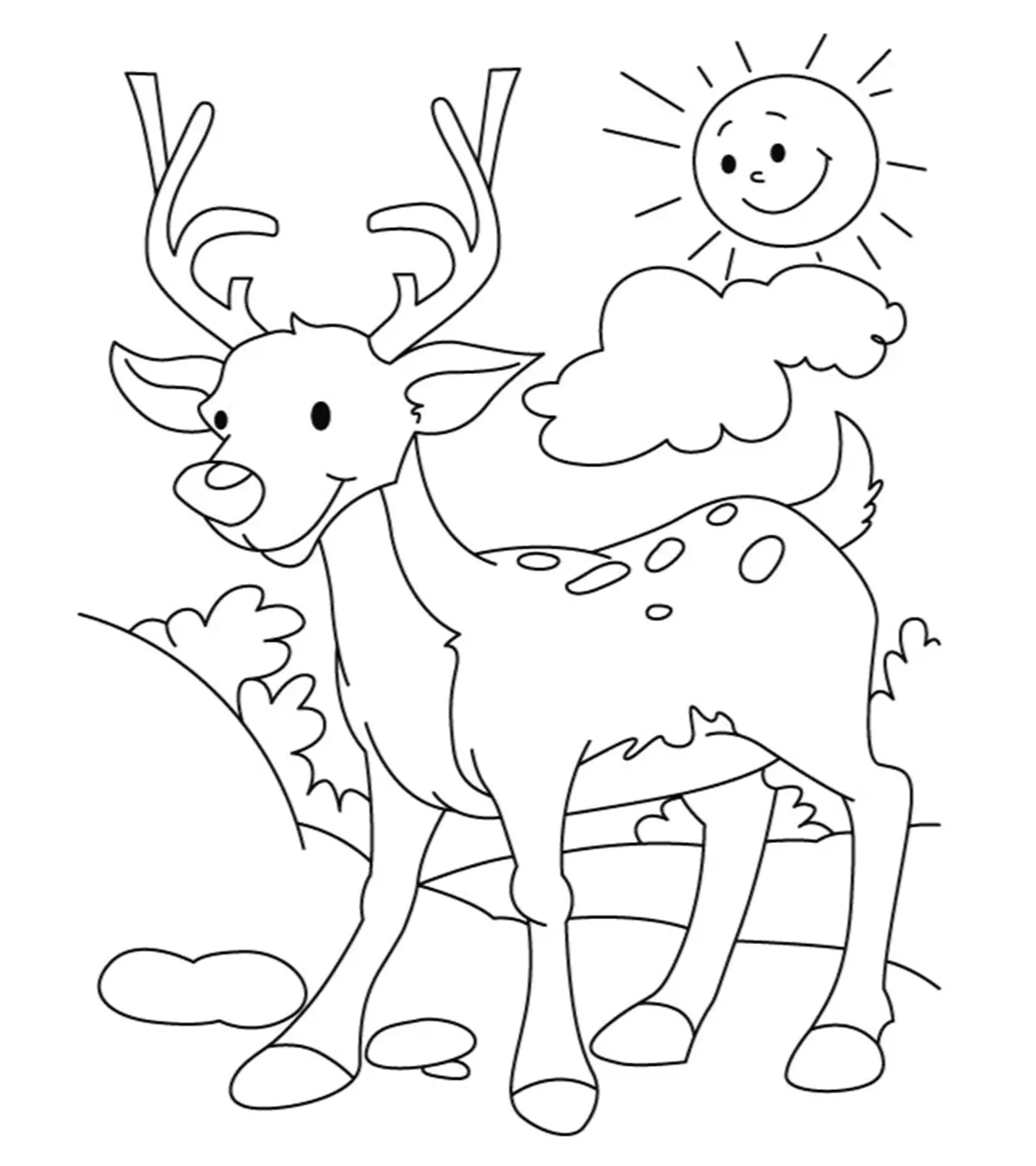
Image: Shutterstock
A scavenger hunt for kids is a kid-friendly search activity where the hunt organizer prepares a list with hints about specific items, and the participants work to seek and gather them. You can play indoors or outdoors. These scavenger hunts allow your children to stay on their toes and not stare at the screen all day. They also improve kids’ physical health, observational, cognitive, and problem-solving skills and encourage them to work in a team. Scavenger hunts with various themes also introduce kids to colors, shapes, and objects, expanding their worldview. Kids enjoy playing, while adults enjoy arranging a scavenger hunt. We can help you with interesting scavenger hunt ideas to keep your children occupied. These activities can be fun for a group of children and also increase social interaction and physical movement.
Key Pointers
- Get your child off their screens and engage their mind by organizing a scavenger hunt.
- A scavenger hunt involves finding multiple objects using a quest-based format and is great for group activities.
- Let your child use all their senses to solve clues with different types of scavenger hunts like alphabet, neighborhood, sound or photo hunts.
- Even if your child’s friends live far away, you can organize a virtual scavenger hunt where participants find objects or solve puzzles at home.
Difference Between A Scavenger Hunt And A Treasure Hunt
A treasure hunt is an adventure activity where the child hints and uncovers a single treasure or item. It is a suitable outdoor game for a single child as it does not require a group of children to play. However, scavenger hunts provide a group of children or a single child with fun opportunities to find multiple objects using a quest-based format. A treasure hunt is less time-consuming as the only objective is to look for the treasure. However, a scavenger hunt can go on for hours, allowing the children to go on an expedition to explore and unearth different items.
Author and freelance copywriter J.M. Troppello recalls a heartwarming moment spent with her young nieces, Bri and Ari, as she organized a delightful outdoor scavenger hunt for them. She says, “It was fun for me to watch them enjoy this outdoor activity. Bri took charge of the scavenger hunt item list. She enjoyed checking everything off the list after they found all the items. Ari led the hunt and used her iPad to take photos of some of the larger items, like the wood-burning barrel and recycling bins. I’m glad the girls were excited about my idea for the scavenger hunt (i).”
22 Scavenger Hunt Ideas For Kids
Scavenger hunts spark curiosity and creativity while keeping children entertained and active. Whether played indoors or outdoors, they offer a playful way for children to explore, learn, and have fun. Here are some fun ways to arrange a scavenger hunt.
Indoor Scavenger Hunt Ideas
Indoor scavenger hunts are perfect for rainy days or cozy afternoons at home. They encourage children to observe, think, and explore their surroundings in fun and imaginative ways.
1. Alphabet scavenger hunt
For this activity, you will need letters in upper and lower case. Arrange some boxes and write the name of a child on each. Now instruct the children to find the hidden letters and put them into their boxes. In the end, count the letters in each box, and the child with the maximum number of letters wins the game.
2. Costume-themed hunt
This dress-up game will have to hide the parts of the outfit in different areas. Ask the children to find the items with the help of clues and wear each item as they find it. They will have a completely different look by the end of the hunt.
3. Make-a-treat
Tell the child that you are about to make their favorite dish, and you need them to find the ingredients. Hide the ingredients carefully in different corners and give them some clues about where they can be found. Once all the ingredients are collected, you can begin making their favorite dish as a reward.
4. Puzzle hunt
You will need colored blocks and colored paper for this activity. Arrange the colored papers in a row adjacent to each other. Hide the colored blocks and ask the children to find and place them over the matching colored paper.
5. Book hunt

For this activity, prepare a list of books, including magazines, biographies, or storybooks. Then, ask the children to find the books you mention in the list from each category. Once all the books are found, the children have to read the first line of each book. This is a fun activity to improve their reading skills.
6. Memory game
Arrange some toys in a tray and show them to the children. Ask them to remember each toy and show them the place where you plan to hide the items. The children have to see the list with the toys and remember where they have been hidden.
7. Zoo-themed hunt
Hide stuffed animals and prepare a list. Ask the children to go around looking for the animals mentioned in the list. Whoever comes back with the maximum stuffed animals will be crowned as the king of the jungle.
8. Gratitude game
This is a simple game that does not require you to arrange anything. Ask the children to go around the area and pick up things around them that they like and are thankful for. For instance, it could be a book that always makes them laugh, a color that brightens them up, or their favorite chair.
9. Hunting the five senses
For this activity, you need to explain to the children about their five senses. After doing so, ask them to find items they can see, smell, feel, taste, and hear. Whoever completes this task first will be the winner of this hunt.
10. Hunt through the book
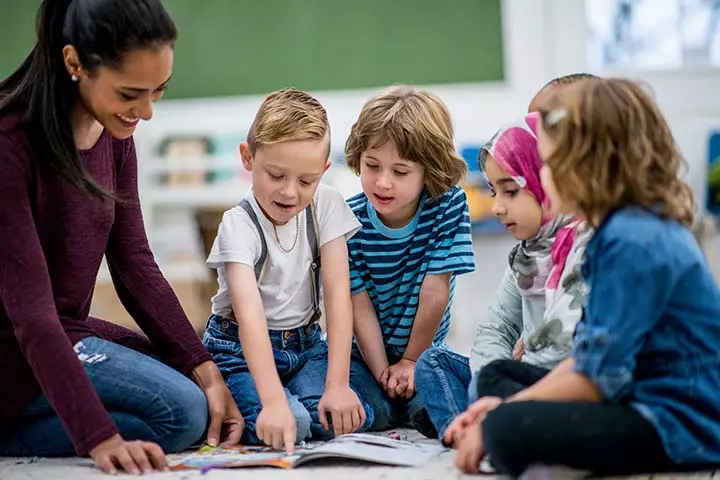
Give the child a book and ask them to spot different words such as a noun, pronoun, or adjective and write them down on a piece of paper. This will improve their reading and writing skills.
11. Newspaper hunt

Grab a couple of newspapers and distribute them among the children. Take the name of any item, such as a car, a bird, or a letter, and ask the children to circle it as soon as they find it.
12. Shapes
Mention different shapes on a piece of paper and give them to the children. Ask them to look for things of similar shapes in their surroundings and collect them.
13. Music scavenger hunt
Start by drawing a large circle with chalk, divide it into ten sections, and assign each section a different color. Play your favorite song on your phone and ask children to move within the circle. When the music stops, they quickly stand on a color. The challenge for each child is to find an item that matches the color they landed on.
14. Number challenge
Hide numbered cards in a designated area to play the number scavenger hunt. Instruct children to search for and collect the cards and organize the numbers in sequence. Make it more interesting by giving children puzzling clues.
Outdoor Scavenger Hunt Ideas
Outdoor scavenger hunts are a great way for children to explore outdoors and have fun. They encourage children to observe their environment closely, playfully boosting curiosity and physical activity.
15. Neighborhood hunt
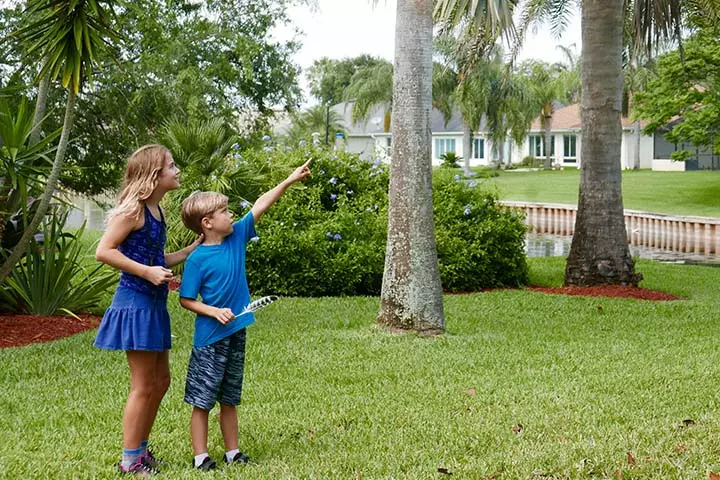
Prepare a list of small items such as a pen, paper, fork, and flower that the children have to go around the neighborhood to collect. Fix a time frame and allow them to begin at the same time. Whoever gets the most items within the stipulated time wins the game.
16. The nature explorer
Make a list of all the items that you can find outdoors easily. Such things may include a flower, stone, leaf, or feather. Once the list is ready, hand it out to the children. Let them run around and collect these items quickly. Whoever returns first with the maximum number of items will be the winner.
17. The sound hunt
For this activity, you need to prepare a list of sounds available around the locality, such as birds chirping, leaves swaying, and more, and mention such names in the list. Ask the children to go out and listen to their surroundings and mark the items on the list whenever they hear a particular sound.
18. Photo hunt

Here’s one of the most interesting activities for kids that requires you to step up the game a little as you need to arrange a camera for each child. Give the children a list of things that you want them to capture. They can go around clicking pictures of the items mentioned in the list.
19. Grocery scavenger hunt
You need to compile a list of items you need for the household. Give this list to the children and ask them to find the item in the grocery store. Instruct them to collect all the items and arrange them in a bag, and tick away the items they find in the list.
20. Field trip
This could be a picnic or a visit to the zoo and can be a fun way to engage children in a public space. Make a list of things you know the children can find in that area, such as a pebble, pine cone, or a particular flower of that region. Ask them to find them and whoever finds the highest number of the things marked on the list wins the game.
21. Chase the color
It is one of the best things to do when kids are bored. Prepare a list of colors and ask the children to gather things from their surroundings that match the color. For example, if the color is green, they can bring a leaf; if it’s pink, they can look for a pink flower, and so on.
22. Counting game
Note some items such as twigs, flowers, pens, pencils along with the numbers, for example, three pens, two twigs, and so on. Ask the children to look for that many numbers of that item and collect them. It can be a great way to practice numbers.
Benefits Of Scavenger Hunt For Kids
Scavenger hunt has several benefits for children – developmentally and socially. Whether played indoors or outside, scavenger hunts can help (1) (2):
- Sharpen observation skills: During scavenger hunts, children search for hidden items, which teaches them to pay attention to small details. It also helps them become more aware of their surroundings and trains their brains to pick up on subtle differences.
- Keep kids active: Scavenger hunts get children moving—running, walking, or exploring outside for clues or hidden objects. Whether running through a park or simply walking from place to place, scavenger hunts keep children physically active.
- Build problem-solving skills: Scavenger hunts often involve solving riddles, deciphering clues, and figuring out where to look next, which builds cognitive flexibility and resilience. Working through each step, children learn to analyze information, make decisions, and adapt their approach to win.
- Teach teamwork: When played in groups, children learn to work in teams. Reading and decoding clues or hints together encourages them to share ideas, listen to each other, and make decisions as a group. Taking turns, dividing tasks, and supporting one another helps build their cooperation and communication skills.
- Spark creativity: Whether it’s a pirate adventure or a nature quest, themed scavenger hunts inspire children to use their imagination and think creatively. They develop storytelling skills, encourage curiosity, and foster a sense of wonder. Exposing children to numbers, letters, and fun facts, they turn learning into a playful experience.
In addition to these, scavenger hunts are a great way to get children away from screens and keep them engaged in the real world— exploring the surroundings.
Frequently Asked Questions
1. How do I plan a scavenger hunt with clues?
When planning a scavenger hunt, choose the location and time for the game depending on the players’ age. Decide the theme of the game and create the lists of items you need. Prepare the clues, map out the trail, and discern interesting places to hide them. Next, give the list of clues written as riddles to each team and track the clues.
2. What is a virtual scavenger hunt?
When the traditional scavenger hunt is played online, it becomes a virtual scavenger hunt. In the virtual game, every participant finds objects or observes, solves the puzzle at home, and interacts with others through the screen. The host keeps track of the time and the winners.
3. What are good scavenger hunt prizes for kids?
Scavenger hunts can be fun and exciting for kids, and offering prizes can make it even more enjoyable. Consider giving away age-appropriate toys that match the theme of the scavenger hunt. For example, you could provide small pirate figures or toy treasure chests if the hunt is pirate-themed. Foster creativity by providing art supplies as prizes. Bring sticker sheets, notebooks, pens, or other fun stationery items as prizes. A sweet or savory treat can also be a delightful prize.
4. Why do kids like scavenger hunts?
Scavenger hunts offer an element of thrill and excitement. The anticipation of searching for hidden treasures or solving clues can be quite engaging for children. Completing a scavenger hunt successfully provides a sense of accomplishment for kids and aids in cognitive development. This active engagement can be both fun and beneficial for their physical development. Playing with friends or siblings provides an opportunity for social interaction, cooperation, and teamwork.
5. What are some common mistakes to avoid when organizing a scavenger hunt for kids?
Ensure the clues you provide are age-appropriate and not too difficult for the kids to understand. Keep the language simple and clear, and avoid using complex riddles or puzzles that might frustrate or confuse them. Ensure the scavenger hunt location is safe for children, free from potential hazards, and supervised by responsible adults. Explain the rules, boundaries, and any specific guidelines they need to follow and ensure everyone understands what they should and should not do during the activity.
6. What types of items or clues can be included in a scavenger hunt for kids?
Provide picture clues of specific objects or locations the kids need to find. This can be especially suitable for younger children who may not be able to read yet. Create riddles or rhymes that lead the kids to different locations or objects. Incorporate natural elements into the scavenger hunt, such as specific types of leaves, rocks, flowers, or shells the kids need to collect or identify. Give written clues that describe a particular item or location.
7. How can a scavenger hunt be adapted for different age groups of children?
Adapting a scavenger hunt for different age groups of children is a great way to ensure the activity is engaging and age-appropriate. For preschoolers, instead of written clues, provide pictures or simple drawings to help them identify the items they need to find. Use written clues and riddles for children between six to ten years of age. Create themed hunts and include physical activities for teens.
8. What safety precautions should be taken when organizing a scavenger hunt for kids?
Ensure that the scavenger hunt activities are suitable for the age group participating. Choose a safe and controlled location for the scavenger hunt with proper parental supervision. Provide clear and concise instructions for each task or clue, and consider providing safety equipment such as reflective vests, helmets, knee pads, or other protective gear. Ask parents to inform you of any allergies or medical conditions their children may have and have a first aid kit readily available in case of minor injuries.
9. Can a scavenger hunt be a team-building activity for kids?
Yes, a scavenger hunt can be an excellent team-building activity for kids. It promotes collaboration, problem-solving, communication, and teamwork among the participants. It encourages children to work together, share ideas, and support one another to achieve a common goal. It also allows them to develop critical thinking skills, enhance creativity, and foster a sense of camaraderie.
10. What themes can be used for scavenger hunts?
You can plan scavenger hunts around various topics, like nature, holidays, animals, birds, and even popular books or children’s characters. Basing a scavenger hunt around a theme adds challenge to the game, making it more fun and engaging for kids. Having themes can also help you modify the game to suit different age groups by adjusting its complexity.
Therefore, a scavenger hunt can be a great way to switch a boring day to a fun and entertaining one. But remember, when you arrange a scavenger hunt for a group of children, ensure you prioritize their safety. Avoid anything that might be dangerous and unsafe so they can play safe and enjoy to the fullest. Also, try to make it age-appropriate to avoid boredom.
Infographic: How Is Scavenger Hunt Different From Treasure Hunt
Scavenger hunt not only engages children away from screen time but also promotes skill development. However, sometimes, people get confused between treasure hunt and scavenger hunt games. So scroll through the infographic below to learn about the differences between these two games.
Some thing wrong with infographic shortcode. please verify shortcode syntaxIllustration: Indoor And Outdoor Scavenger Hunt Ideas For Kids

Image: Stable Diffusion/MomJunction Design Team
Let’s go on a nature scavenger hunt! Explore the outdoors and see what you can find! Have fun and be creative!
Personal Experience: Source
MomJunction articles include first-hand experiences to provide you with better insights through real-life narratives. Here are the sources of personal accounts referenced in this article.
i. Have You Ever Been on a Scavenger Hunt?
https://medium.com/koinonia/have-you-ever-been-on-a-scavenger-hunt-33987b887fd3
References
- Scavenger Hunts: A Fun Way to Boost Your Cognitive Abilities.
https://blog.geetauniversity.edu.in/scavenger-hunts-a-fun-way-to-boost-your-cognitive-abilities/4/ - Scavenger Hunts: A World of Adventure
https://niusteam.niu.edu/scavenger-hunts-a-world-of-adventure/
Community Experiences
Join the conversation and become a part of our nurturing community! Share your stories, experiences, and insights to connect with fellow parents.
Read full bio of Dr. Neha Bhave Salankar
Read full bio of Kavita Kankani
Read full bio of Harshita Makvana
Read full bio of Nisha Bharatan





